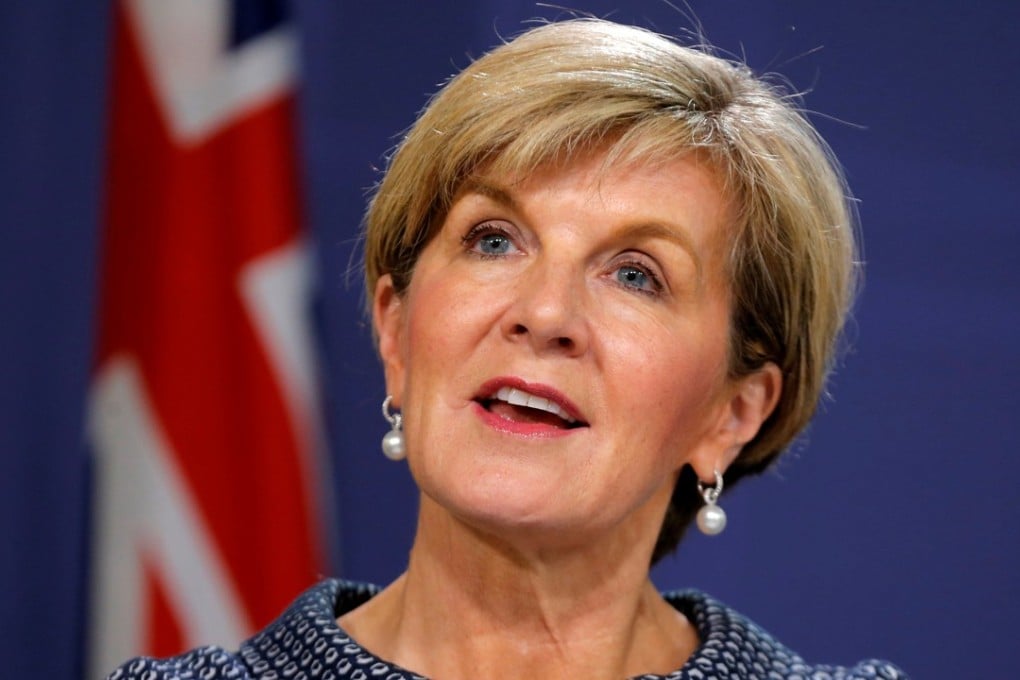Beijing-Taipei row takes shine off blood diamond meeting in Australia
Mainland Chinese delegation’s disruption of international conference over Taiwanese presence gives fuel to Beijing’s sceptics down under – but some scholars blame meeting for an ‘insulting’ breach of protocol

The disruption of an international conference on conflict diamonds by a mainland Chinese delegation upset at the presence of Taiwanese guests may add grist to the mill for Beijing’s sceptics in Australia.
At the opening of the Kimberley Process meeting in Perth this week, Chinese delegates shocked many participants by demanding the microphone to call a point of order on the presence of the Taiwanese group – which included government officials alongside members of a Taipei diamond trading house, according to a source.
“The Chinese government delegation shouted over the welcome to country ceremony and forced the suspension of proceedings,” reported the Sydney Morning Herald. Unnamed participants quoted by the paper called the scene “disgusting”.
The delegation from Taiwan was later asked to leave following further objections from African nations that backed the mainland Chinese stance.
Some experts said the conference’s decision to invite the Taiwanese delegation as guests – rather than observers as in previous years – had been an insulting breach of protocol to the mainland Chinese. But others said the mainland Chinese delegation’s actions smacked of “bullying”. Either way, it would serve to further undermine Beijing’s reputation down under at a time when China’s influence in the country is being questioned.
Beijing regards Taiwan as a renegade province, to be united with the mainland by force if necessary, and strongly opposes its representation at international events, although it had tolerated its observer status in recent years.